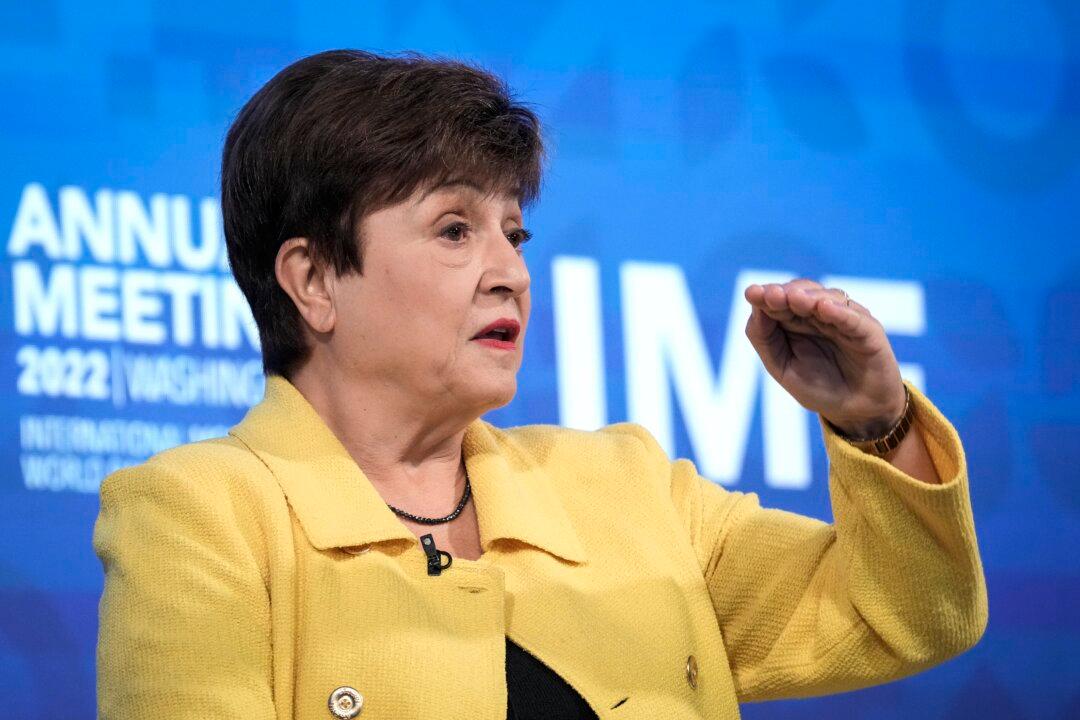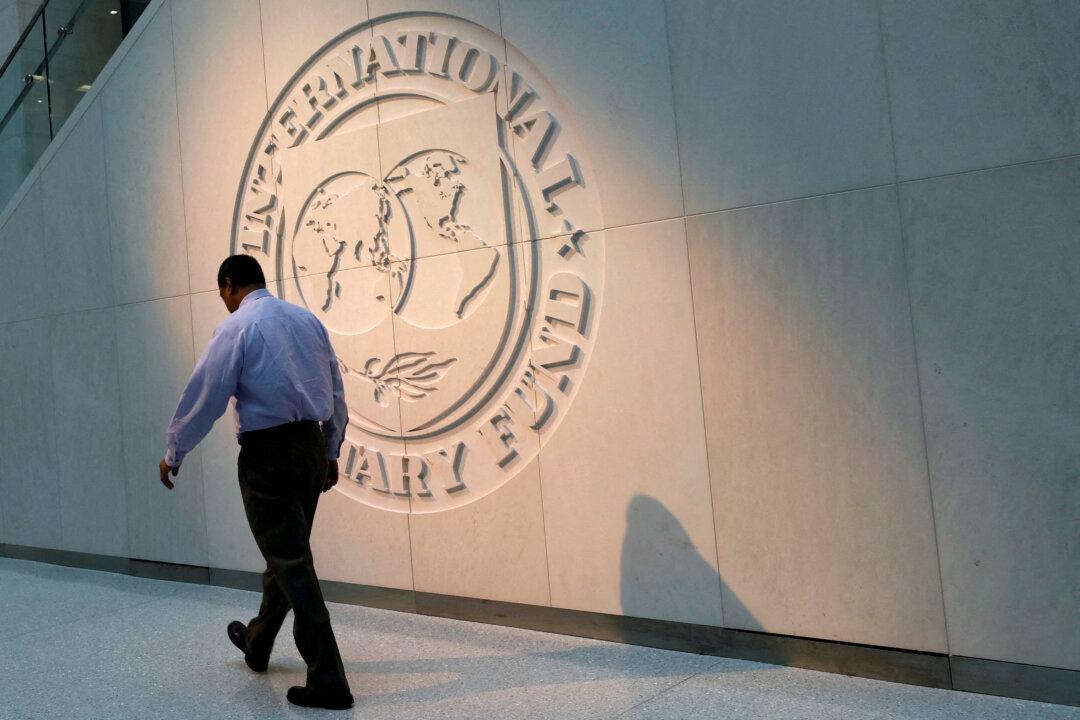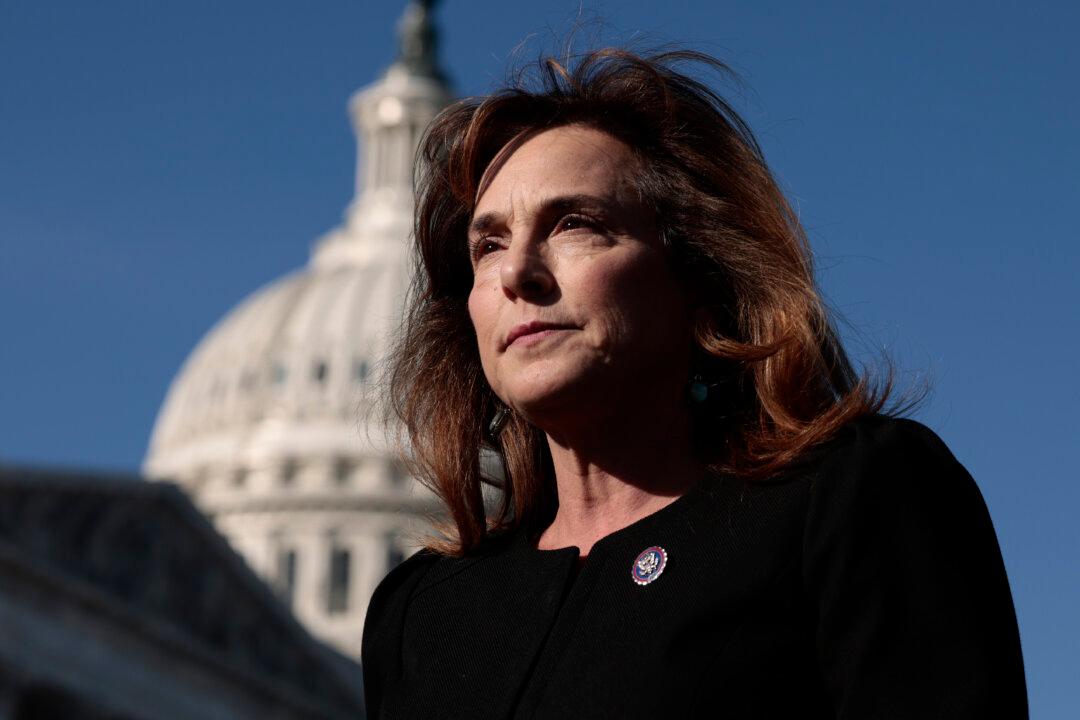International Monetary Fund (IMF) Managing Director Kristalina Georgieva has expressed concerns about “fragmentation”—the global economy splintering into rival trading blocs—warning that it could worsen the global inflation crisis.
During last week’s Spring Meetings, Georgieva attributed this risk to a combination of factors, including the ongoing war in Ukraine and flaws in the current model of globalization.




